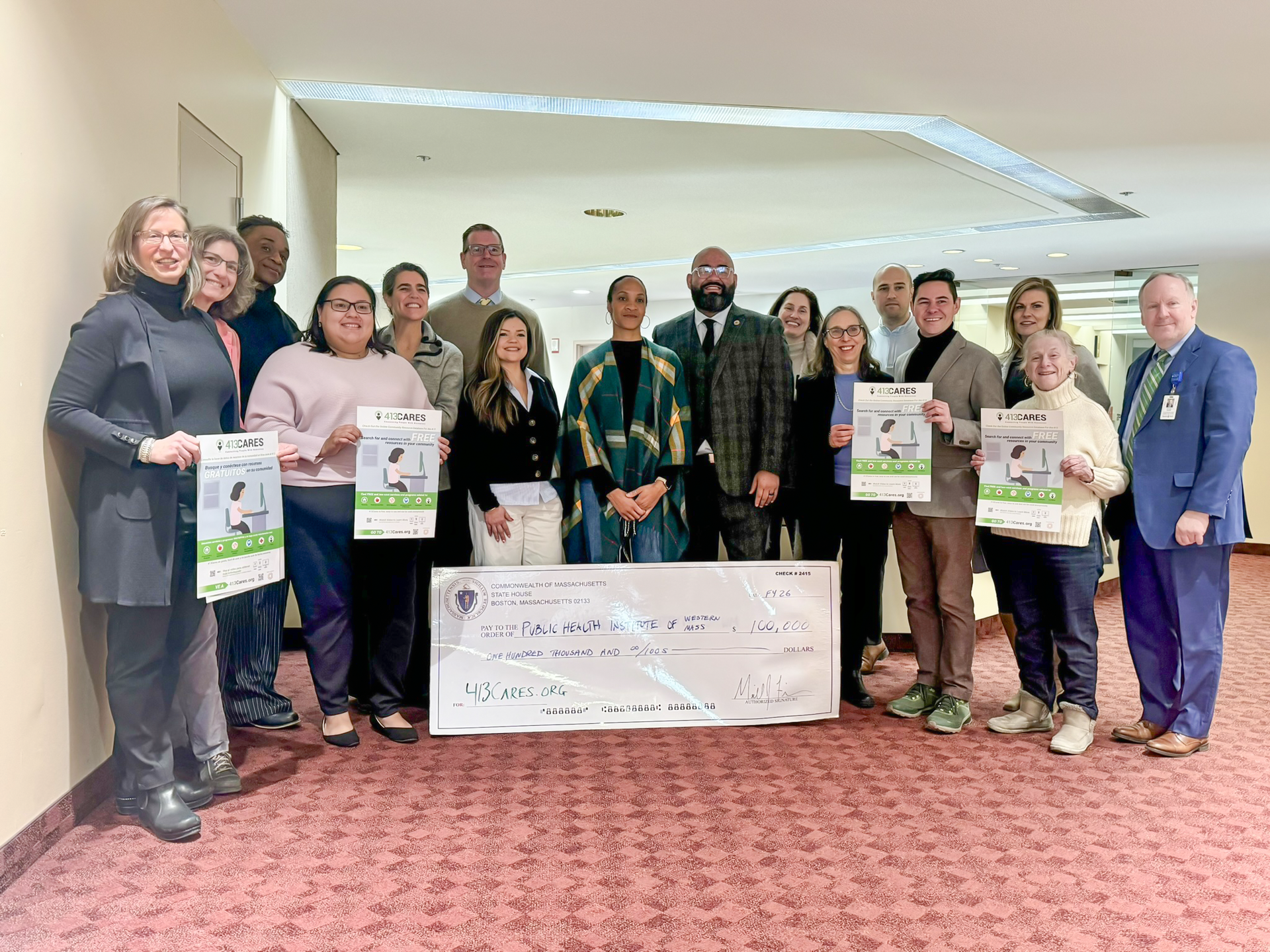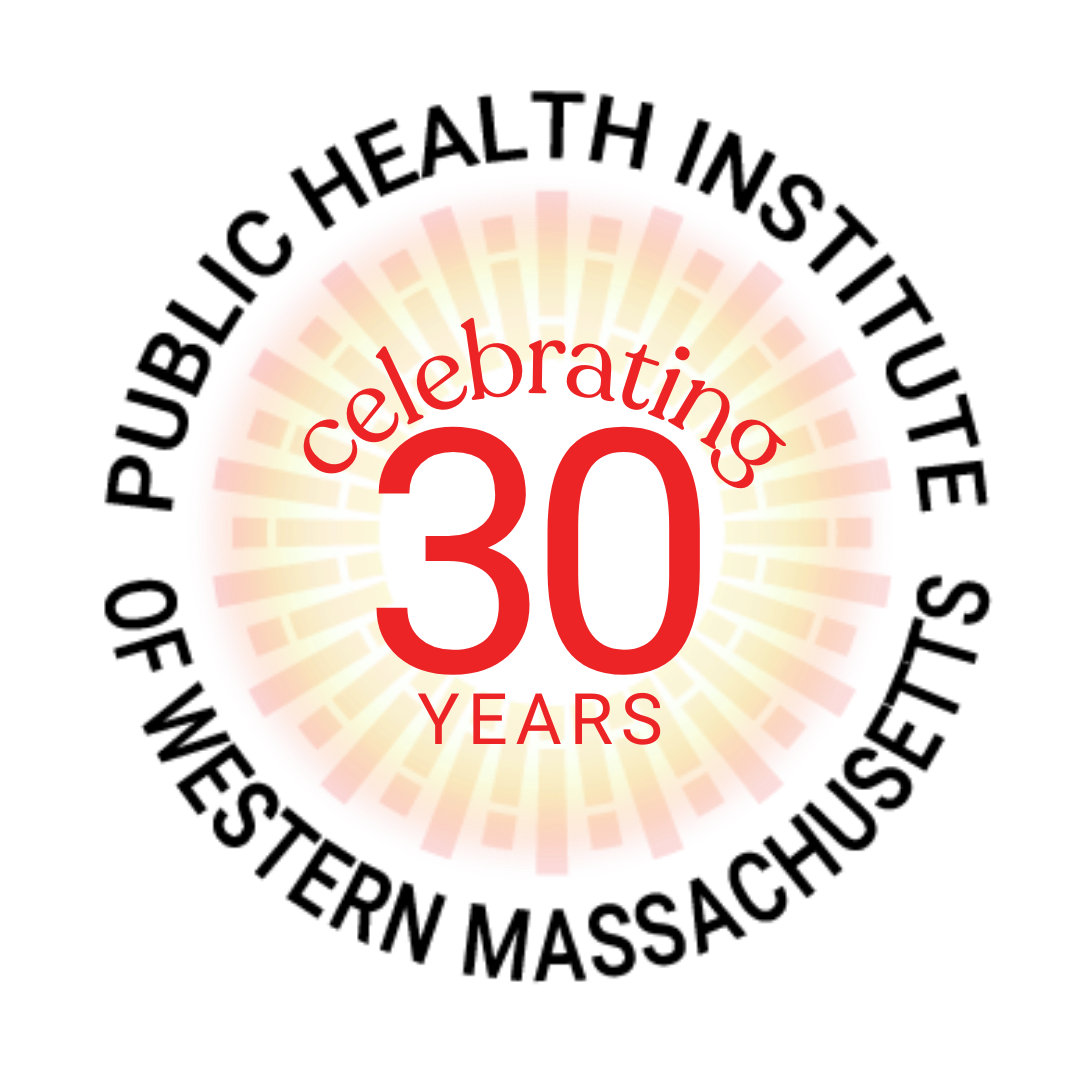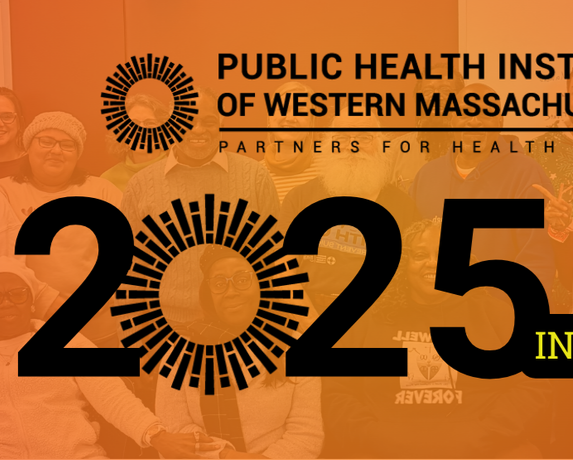Public Health Institute of Western Massachusetts Receives Federal Earmark to Expand the Healthy Air Network
The Public Health Institute of Western Massachusetts has received a $370,000 federal earmark to expand the Healthy Air Network, thanks to the leadership of US Senators Edward Markey and Elizabeth Warren. The Healthy Air Network is a collaboration of municipalities, public health organizations, community-based organizations, and environmental groups in Western Massachusetts. Together, they collect and provide real-time hyperlocal air quality information through their website, HealthyAirNetwork.org.
“Thanks to this funding, we can provide residents with the tools they requested to better protect their health and advocate for cleaner air, which is especially important in communities disproportionately impacted by pollution,” said Jessica Collins, Executive Director at the Public Health Institute of Western Massachusetts.
Senator Edward Markey (D-Mass.) and Senator Elizabeth Warren (D-Mass.) secured the funding through Congressionally Directed Spending (CDS) in the FY24 funding package.
“Community and civic leaders in the Pioneer Valley are dedicated to making the state a healthier, cleaner, safer, and more just place to live,” said Senator Markey. “I am proud, with my Congressional delegation partners, to bring important investments directly to local communities and initiatives to further their goals.”
“Everyone, regardless of where they live, is entitled to clean air,” said Senator Warren. “This federal funding will go a long way towards ensuring residents of Western Massachusetts have the tools they need to maintain healthy communities and protect their well-being.”
The new funding will allow the network to:
- Develop a mobile app and upgrade the website: A community-driven design process will ensure the app is user-friendly and presents data in a way that is useful and actionable to residents.
- Expand the air sensor network: Ten sensors will be added in five communities, primarily in Western MA, to provide a more detailed picture of air quality variations.
With this new infrastructure, residents can avoid outdoor time on high-risk air quality days, potentially reducing health problems like asthma, chronic obstructive pulmonary disease, and cardiovascular disease. Often, low-income communities and communities of color are disproportionately impacted by air pollution due to historical factors like redlining, which has made these communities more likely to be located near highways, industrial sites, and other sources of pollution.
“Many of us take breathing for granted,” said Gri Saex, a resident of Springfield. “This app will provide us with a reminder of how important it is to breathe, and most importantly to breathe healthy air. We would have on-the-spot information about the air quality on the move enabling us to avoid unnecessary exposure to unhealthy air.”
This project is supported by a variety of municipalities, community organizations, and environmental groups, including the City of Springfield, the City of Holyoke, Live Well Springfield, Pioneer Valley Asthma Coalition, Hitchcock Center for the Environment, ReGreen Springfield, Westfield Residents Advocating For Themselves (WRAFT), the Earthwatch Institute, the Yale School of Public Health, Health Resources in Action/MA Asthma Action Partnership, USDA Forest Service Northern Research Station, and an Advisory Board of eight Resident Advisors from Holyoke, Springfield, and Westfield.
share this
Related Articles




